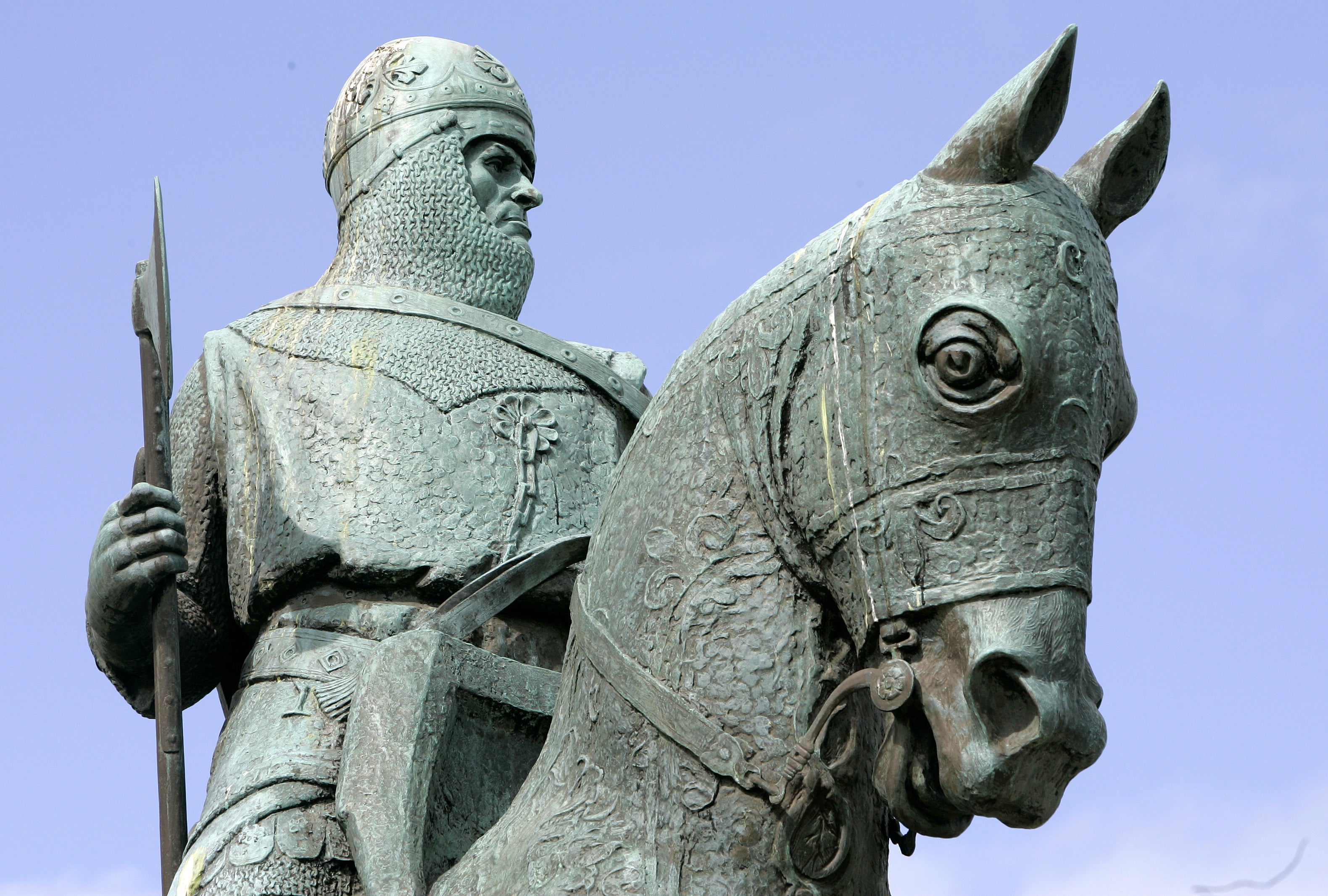Genetic marker carried by descendants of Robert the Bruce is identified
A distinct marker, carried by descendants of Robert the Bruce’s close relatives, has been found by researchers.

Scientists have found a distinct genetic marker carried by close relatives of Robert the Bruce, the king who freed Scotland from English rule.
Genealogy researchers from the University of Strathclyde have found the marker in male line descendants of the Bruces of Clackmannan, who were related to Robert the Bruce, King of Scots from 1306 to 1329.
Rollo Bruce, a retired textile research editor from Oxford is one of those descendants who has taken a test and whose genes have the unique marker now named FTB15831.
Graham Holton, principle tutor on the university’s genealogical studies postgraduate programme, said: “Y chromosome DNA tests taken by male line descendants of two of Robert of Clackmannan’s sons, Robert and Edward, show that they both carry the marker FTB15831.
This discovery means that anyone living today who tests positive for the marker is descended from the same family as the famous king
“This means it may also have been carried by their close relative, King Robert.
“This discovery means that anyone living today who tests positive for the marker is descended from the same family as the famous king.”
Although there are varying theories about the exact relationship between the Bruces of Clackmannan and Robert the Bruce, researchers said, there is a consensus that it was very close.
In the Register of the Great Seal for 1365, a charter of King David II of Scotland confirms a grant of lands in Clackmannan to Robert Bruce, described in Latin as “our beloved and faithful kinsman”.
This Robert is first mentioned in 1360 as the young heir of his father, Thomas Bruce.
Mr Holton said: “Although the test takers from both lines carry FTB15831, one of them also has an additional genetic marker, indicating his descent from Robert Bruce, 3rd Baron of Clackmannan, who died around 1405.
“Further research may reveal more markers for specific branches of the Bruce family.
“This discovery will also allow the comparison of these results with any Y-DNA which can be extracted from supposed remains of King Robert, and thus confirm the true identity.”
Robert the Bruce defeated England’s King Edward II at the Battle of Bannockburn in 1314 thus freeing Scotland from English rule until the countries were united by the Act of Union in 1707.
Bookmark popover
Removed from bookmarks